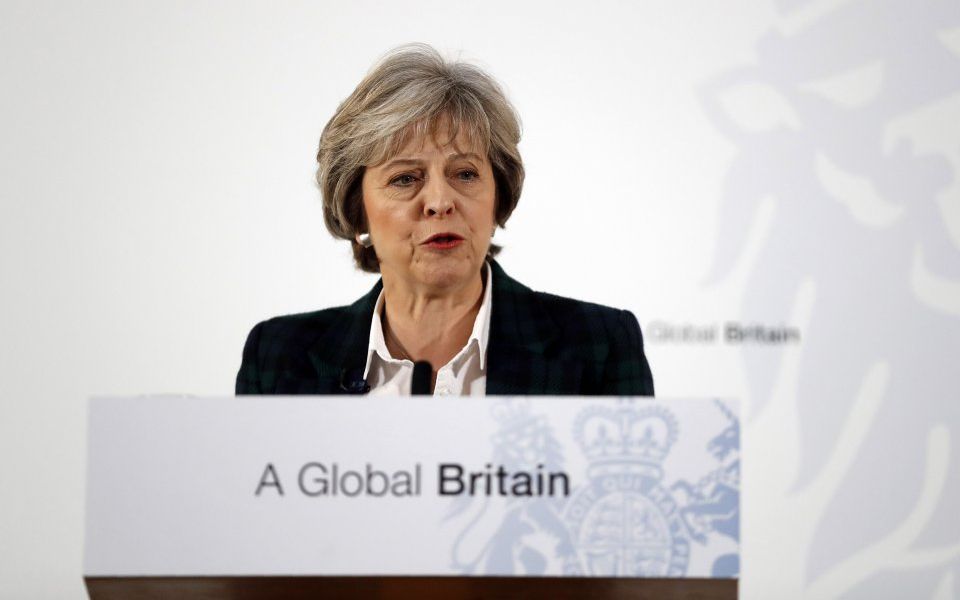To win the Brexit prize, ditch Chequers and go back to the drawing board

In all the confusion and turbulence that has accompanied the negotiations with the EU in recent months, we seem to have forgotten the Prime Minister’s Lancaster House speech, and in particular its important reference to what Theresa May called the Brexit “prize”.
That prize must include the ability to improve our own domestic economy: by controlling and improving the UK’s regulatory and trading environment, strengthening our trade relationships across the world (not merely in the EU), and playing our part as a major trading nation.
But since January 2017, our heads appear to be bowed down. This summer, the country seems to have been visibly shaken by threats of planes not flying, medicines missing from shelves, and food becoming more expensive.
Read more: Government lifts lid on more Brexit no deal planning
The government is facing an uphill battle against its pro-EU opponents. Those in the European Commission and their witting and unwitting allies in this country, who want the UK to remain in the customs union and Single Market as a rule-taker, only need to sow confusion.
The government, meanwhile, has to come up with a policy that works and delivers a successful Brexit.
This is not a fair fight.
We are therefore lurching towards the revealed preference of the EU, in which the UK is locked into some variant of the customs union, therefore rendering it impossible for us to execute an independent trade and regulatory policy.
Many have said that there is no alternative to the road we are marching down, forgetting that, like mice in a maze, we are trapped in the EU’s negotiating mandate and locked onto a battlefield of the EU’s choosing.
As Shakespeare said, “the fault lies not in our stars, but in ourselves”.
While some claim that the Chequers plan – which the EU negotiators are treating like an opening bid – is dead in both the UK and in Brussels, I remain unconvinced.
Chequers would allow Brussels officials to go back to member states with evidence that even a country the size of the UK – with the world’s pre-eminent global financial centre – cannot properly leave the boundaries of the EU. Of course this is broadly the EU’s preferred option. But Britain must not fall for it.
Instead, we need to return to earlier government proposals – and indeed EU offers – of an advanced free trade agreement. We can build on what has been done before, but will be able to achieve more, as Britain will be in the unique position of starting off with identical regulations on day one of Brexit.
There is a substantial Brexit prize available to the UK if it is able to improve its own regulatory system, sign trade deals with other countries, and help work towards greater global liberalisation in areas that matter most.
And to that end, we must proceed with Brexit with the attitude that seizing the opportunities of leaving the EU are at least as important as mitigating the costs.
Right now, that’s not what the Chequers plan offers. It’s time to go back to the drawing board – and to the Lancaster House speech.
Read more: UK 'would be mad' to restrict flow of scientists after Brexit